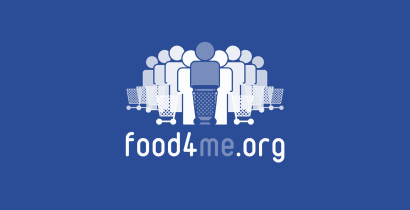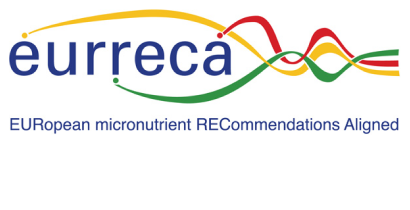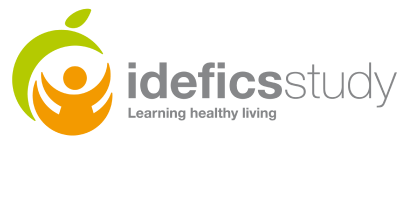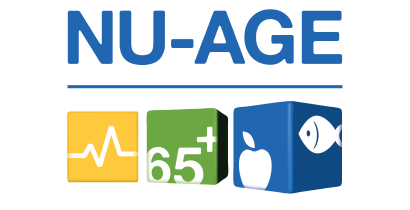Interventions to Promote Healthy Eating Habits (EATWELL)
Last Updated : 17 April 2014EATWELL ended in April 2013.
To find out more about the results of this project, read the final press release or project leaflet.
EATWELL also published 6 webinars, reflecting the outcomes of the project.
Click here to listen to the Interview with Bhavani Shakar, leader of EATWELL’s work on the estimation of diet policy effects.
Read a Science Brief about the success of the UK Food Standards Agency's (FSA) campaign to reduce salt intake, which was examined as part of the EATWELL project.
Click here to listen to the Interview with Jessica Aschemann-Witzel from Aarhus University, Denmark, about the findings of her research investigating how private sector marketing techniques can help to improve public health?
The initial results of the project were presented by the project partners at the 11th FENS European Nutrition Conference in Madrid.
EATWELL: Tackling obesity in Europe
Unhealthy diets are one of the greatest public health challenges of the 21st century. The tip of the iceberg is the dramatically increasing proportion of people suffering from obesity and overweight in Europe. Recognising the importance of diet quality, many campaigns promoting healthy eating and physical activity have been launched in an attempt to reverse the obesity trend, but few have been assessed.
The objectives
In this context, the strategic objectives of the EU-funded EATWELL research project (April 2009-March 2013) were:
- Assessing the efficacy of past interventions in improving dietary and health outcomes, and identification of promising avenues for the future;
- Assessing the acceptability of potential future interventions;
- Providing policy, data collection and monitoring advice in relation to healthy eating and generate best-practice guidelines for implementation.
The consortium
The nine EATWELL consortium partners, comprised of leading European universities, public health institutes, communication organisations and food industry representatives shared their complementary expertise in consumer behaviour, nutrition, economics, communication and health policy to provide a solid scientific basis to improve policy interventions promoting healthy eating habits in Europe.
Overall the consortium aimed to:
- Provide a benchmark for diet and health related policy interventions in Member States, the EU and elsewhere, to have an overview on the past interventions;
- Generate knowledge on the impact of interventions on consumers’ attitudes, knowledge, behaviour, diets and health in the short and long term;
- Develop practical procedures for assessing the cost-effectiveness of policy interventions to determine if the financial investments led to significant health improvements for European citizens;
- Make recommendations on the data that should be collected to enable effective evaluation at the time new interventions are launched;
- Determine lessons the public sector can learn from the experiences of the private sector in the promotion of healthy eating;
- Assess public, private and other stakeholder acceptance of alternative forms of intervention and how these vary by socio-demographics and by nation;
- Develop a best-practice intervention guide for effective planning, achievement and evaluation of future policy interventions at EU and Member State level and their transferability across cultures.
The outcomes
The results generated through EATWELL are publicly available and will ultimately provide state-of-the-art science on nutritional campaigns launched in the European Community, as well as best practice guidelines for future research, industry and policy-makers.
For more information: www.eatwellproject.eu



